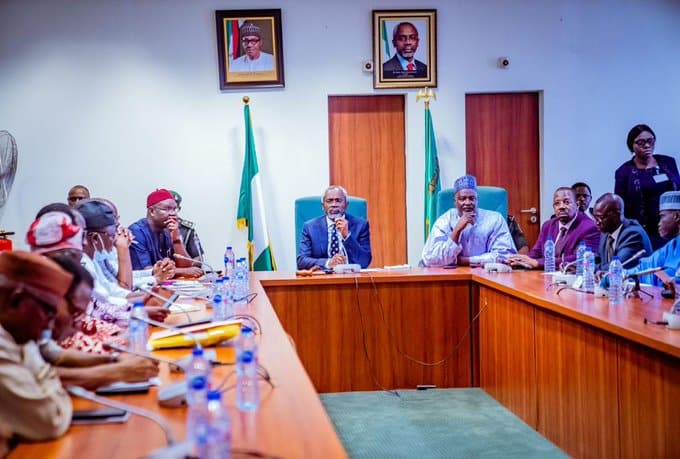
ASUU Maintains Strike Stance Amidst Fresh Negotiations Despite ongoing discussions between the Academic Staff Union of Universities (ASUU) and the Federal Government, the union has reiterated its commitment to its ongoing strike action. The strike, which commenced in February 2022, has crippled academic activities in public universities across the country. The fresh talks, initiated by the government, aimed to resolve the long-standing issues that have led to the strike, including poor funding, inadequate infrastructure, and the non-payment of earned allowances to lecturers. However, ASUU has expressed dissatisfaction with the government’s proposals and has maintained its demand for a complete overhaul of the university system. ASUU President, Professor Emmanuel Osodeke, stated that the union is not willing to compromise on its demands, which he described as “non-negotiable.” He said that the government’s funding promises are not new and have been repeatedly broken in the past. “We have no reason to believe that this time will be any different,” Osodeke said. “The government has failed to show sincerity and commitment to improving the university system.” The strike has had a significant impact on students, who have lost an entire academic year. Many parents and stakeholders are concerned about the long-term consequences of the disruption on the education of Nigerian youth. The government has appealed to ASUU to reconsider its stance, arguing that the strike is causing unnecessary hardship to students. However, ASUU has vowed to continue its action until its demands are met. The ongoing negotiations have reached an impasse, and it is unclear when the strike will end. ASUU has indicated that it is willing to engage in further discussions with the government, but only if the government shows a genuine commitment to resolving the issues that have led to the strike.Despite the recent resumption of negotiations between the Federal Government and the Academic Staff Union of Universities (ASUU), the union has maintained its stance on the ongoing strike action. The meeting, which was held on Tuesday, was attended by representatives from the government and ASUU, as well as officials from the National Universities Commission (NUC) and the Ministry of Education. The discussions centered on the issues that have led to the strike, including the payment of outstanding salaries, the implementation of the Integrated Personnel and Payroll Information System (IPPIS), and the funding of universities. However, despite the ongoing dialogue, ASUU has stated that it will not call off the strike until its demands are met. The union’s National President, Prof. Biodun Ogunyemi, said that the government’s offer to pay outstanding salaries was not sufficient, and that the implementation of IPPIS without proper consultation was unacceptable. He also emphasized the need for increased funding for universities, arguing that the current level of investment was inadequate to maintain quality education. The government has maintained that it is committed to addressing the concerns raised by ASUU, but has also stressed the need for the union to be reasonable in its demands. Meanwhile, the strike has continued to have a negative impact on students, many of whom have been out of school for several months. The government has appealed to ASUU to consider the plight of the students and to end the strike, but the union has remained adamant. It remains to be seen whether the ongoing negotiations will lead to a resolution of the strike. ASUU has indicated that it is willing to continue talking, but has made it clear that it will not compromise on its core demands.
ASUU Maintains Strike Stance Amidst Fresh Negotiations
Related Posts
Kate Hudson Recreated Her Iconic How to Lose a Guy in 10 Days Scene During the World Series, and I Can’t Ignore the Fans’ Reaction to It
Kate Hudson isn’t just an award-winning one actress with famous parents; she is also a huge baseball fan. So it’s no surprise that she attended this year’s World Series to…
Software Catalog Unveils Array of Cutting-Edge Solutions for Enterprise Transformation
Software Catalog Unveils Array of Cutting-Edge Solutions for Enterprise TransformationSoftware Catalog Unveils Array of Cutting-Edge Solutions for Enterprise Transformation Technology is rapidly reshaping the business landscape, making it imperative for…